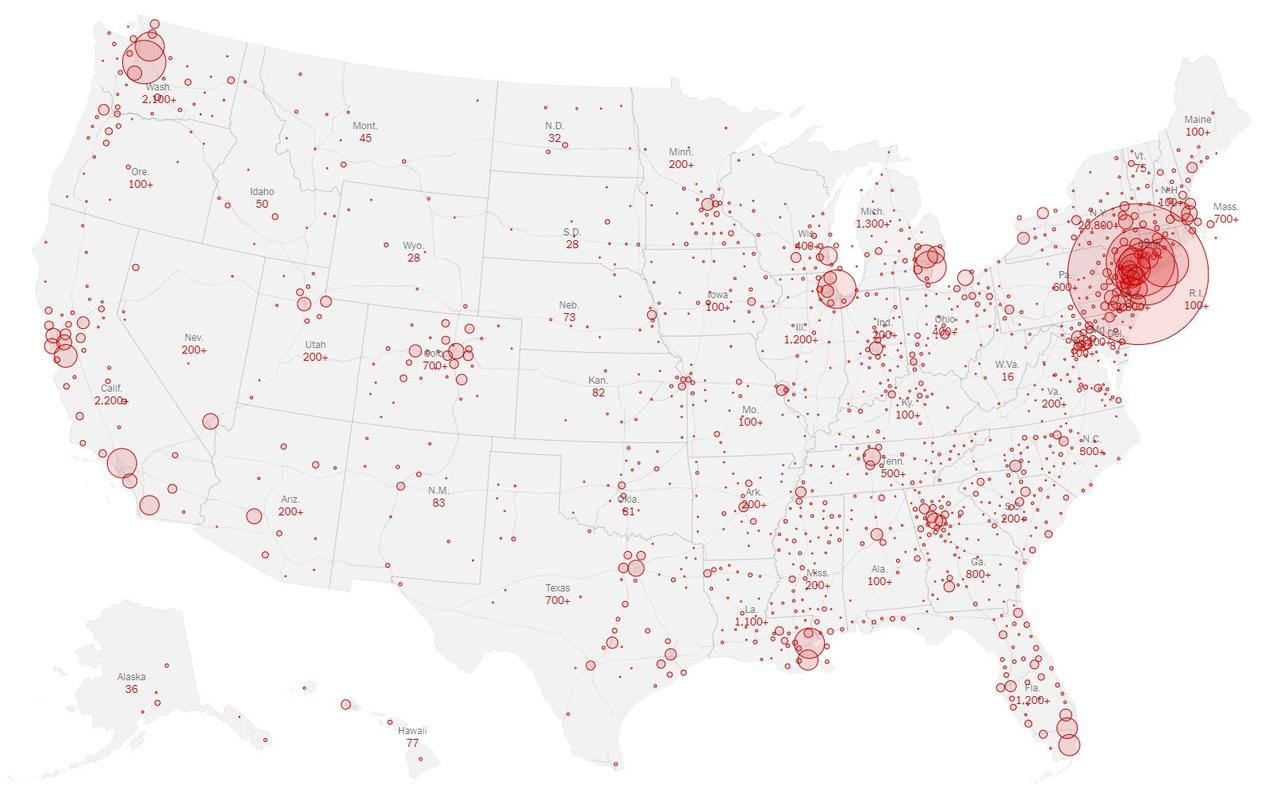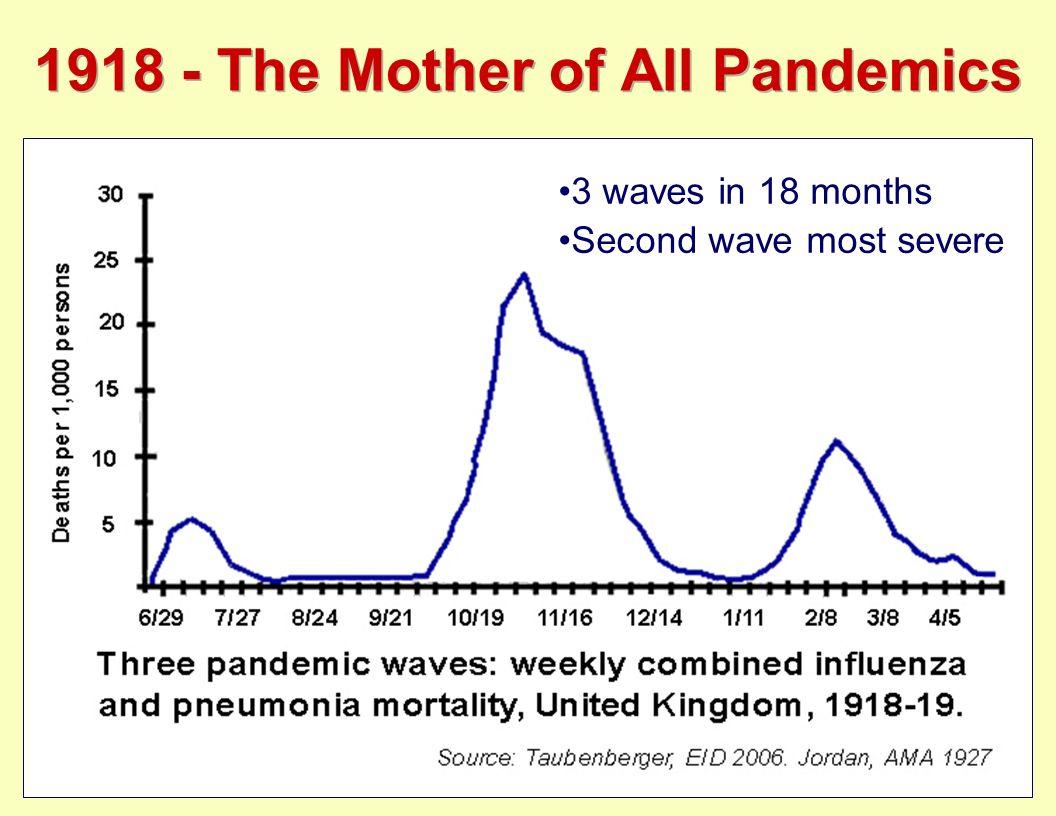Will Trump Be Forced To Delay November Election?
As states postpone voting in party primaries to comply with new social distancing guidelines enforced by the federal government to flatten the curve to slow down the spread of Covid-19, questions are starting to arise that maybe, President Trump will use the pandemic crisis to delay the 2020 election.
As of Tuesday morning, at least 43,499 people across every state, plus Washington, D.C., and three U.S. territories, have tested positive for the virus, according to a New York Times database, and at least 537 patients with the virus have died.
We pointed out several weeks ago that the fast-spreading virus could interfere with the 2020 presidential election.
We specifically said pandemics generally work in several waves: the first wave is happening now, and as Bill Gates said Wednesday, could last for ten weeks. Then comes summer, and things should settle down a bit. However, the second wave of the virus could come later this year, right around the time the presidential election begins. After all, the second wave of the Spanish flu of 1918 was much more severe.
So, then what? Does that mean President Trump would be forced to cancel the elections?
The answer is “no,” according to LA Times’ Evan Halper, who said the president doesn’t have the power to cancel the elections.
No. The president does not have that power. Legal scholars are widely in agreement on this point, as are both Republican and Democratic election officials. The nonpartisan Congressional Research Service reached the same conclusion when it investigated the question in the aftermath of 9/11.
Under the US Constitution, Trump and Vice President Mike Pence cannot stay in office past their four-year terms without being reelected. If the election does not happen for any reason, constitutional rules of succession kick in.
And here is where things get interesting: If the election is delayed because of the virus crisis, this would mean “a lawmaker down the line of succession who is not up for reelection could be the new president,” said Halper.
“The 20th Amendment says if we have not chosen a president by a certain date, it goes to succession,” said Rick Hasen, an election law scholar at UC Irvine. “It’s not like a delay would keep Trump in office longer.”
If wave 2 of the pandemic is expected to begin in November, the presidential election could be delayed for several weeks. Lawmakers could continue pushing the election out but risk violating constitutional law.
Georgia, Kentucky, Louisiana, and Maryland have already delayed voting in party primaries by at least a month as confirmed cases become exponential across the country. The move to postpone is unprecedented, but states have the authority to delay election-day voting in primary elections but cannot reschedule a federal general election.
“It’s important to remember the distinction between primary and general elections,” Edward B. Foley, director of the election law program at Ohio State University, tweeted. “There is no equivalent power in the states to change the date of the general election for Congress or the presidency.”
And while the presidential election must go on – but could be delayed for a short period – it seems that at least 13 states could allow absentee-voting if the pandemic reemerges. A bill in the US Senate could expand the use of absentee-voting in other states, but there’s no visibility if it will pass.
Tyler Durden
Tue, 03/24/2020 – 21:45
via ZeroHedge News https://ift.tt/33GWiSs Tyler Durden

